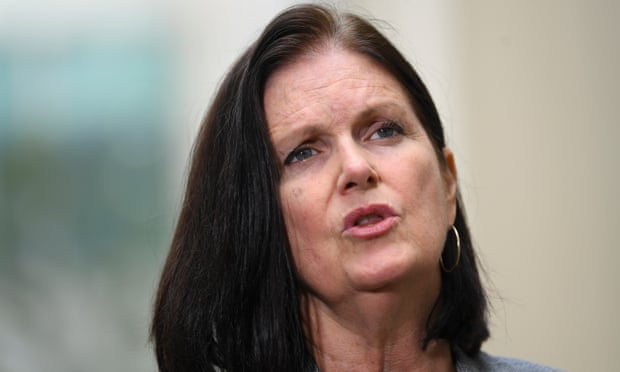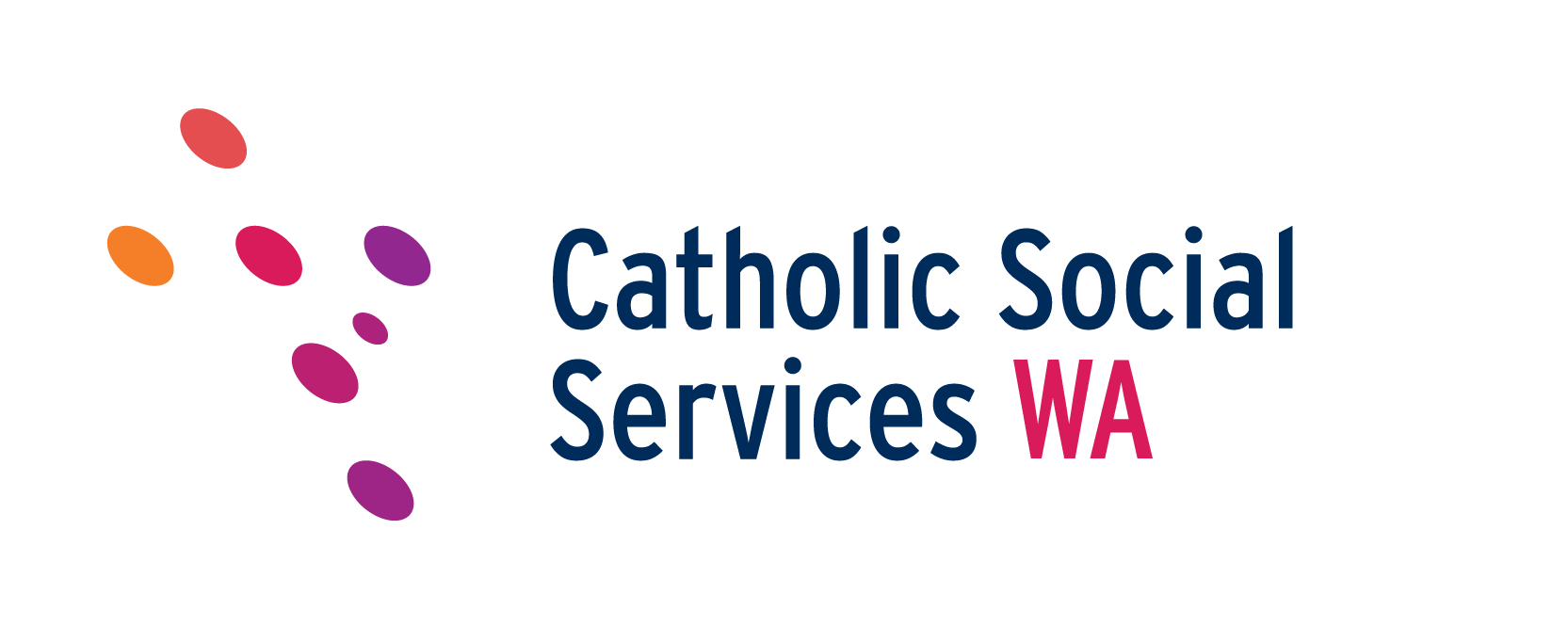- Catholic Social Services WA
- +61 8 9220 5950
- csswa@perthcatholic.org.au
Welfare recipients on cashless debit card will have $750 stimulus payment quarantined

Cassandra Goldie, the chief executive of the Australian Council of Social Service, says it’s ‘beyond belief’ that the stimulus payment would be quarantined at a time of crisis. Photograph: Lukas Coch/AAP
Exclusive: around 15,000 welfare recipients who have been compulsorily placed on the card won’t be able to withdraw money as cash
Welfare recipients who are on the controversial cashless debit card will have their $750 stimulus payment quarantined, as the government bucks a call from the nation’s peak welfare lobby to give people “maximum flexibility” during the coronavirus outbreak.
As the government aims to prevent an economic downturn, about 6.5 million people – including those receiving payments including Newstart, the Age Pension, Family Tax Benefit and Disability Support Pension – will get $750 dropped into their bank account from 31 March.
But the decision to quarantine the money for some people, confirmed to Guardian Australia on Tuesday evening, means around 15,000 welfare recipients who have been compulsorily placed on the card will not be able withdraw the money as cash.
She said that cardholders had previously been “unable to access quarantined income because of a range of issues, from technical outages to their cashless debit card being declined”.
“People need to have as much flexibility as possible right now, including over their money,” she said.
In an effort to reduce social harm, the card quarantines a proportion of a person’s welfare payments onto a debit card that cannot be used to purchase alcohol or gambling products, or withdraw cash.
It is currently in place in Ceduna (South Australia) and Hinkler (Queensland), and the East Kimberley and Goldfields areas of Western Australia.
The Greens senator Rachel Siewert said: “Not having control over the stimulus payment is yet another discrimination and stigma people on the Cashless Debit Card will face.”
“People on low incomes are the best managers of money because every single dollar counts and is accounted for.”
The government, which says it is trying to improve the card but stands by its aims, insists it is accepted at more than 900,000 businesses across the country. However, in some areas, people are barred from using their cards at shops and venues where alcohol and food are sold through the same terminal.
It comes as the government also faces growing calls to suspend mutual obligations for jobseekers and other welfare recipients amid fears that people may have their payments cut during the coronavirus crisis.
The Australian Council of Social Service on Tuesday joined calls from the Greens and the unemployed workers union for the government to halt the mutual obligations system that means jobseekers have their payments cut off if they do not attend appointments and meet their job search requirements.
On Tuesday, the Guardian spoke to a woman who said she and her daughter received a letter they must attend an appointment with an employment services provider or her payments could be suspended.
Noelene, who receives parenting payment single and did not want her surname used, said she had called the ParentsNext provider on Monday to ask for the appointment to be cancelled because she and her granddaughter, 4, were exhibiting flu-like symptoms.
She said that she called her provider twice to inform them that she was sick and ask to cancel the appointment to no avail.
Half an hour before the appointment on Tuesday, Noelene was told that it would need to be rescheduled – because her case worker’s child had started to exhibit flu-like symptoms.
“Nothing to do with the fact that my child was ill or I was ill, but that the worker wasn’t going to be there,” she said.
Labor’s social services spokeswoman, Linda Burney, stopped short of publicly calling for mutual obligations to be suspended across all welfare programs, although she said the government should urgently assess whether they were currently appropriate.
Late on Tuesday, Burney did call for the government to suspend those obligations for the remote work for the dole program.
This article first appeared in The Guardian
